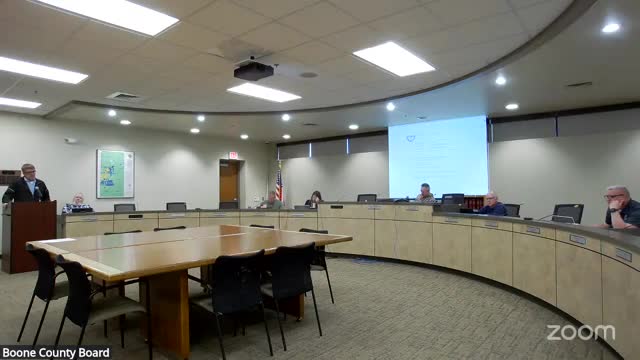Article not found
This article is no longer available. But don't worry—we've gathered other articles that discuss the same topic.
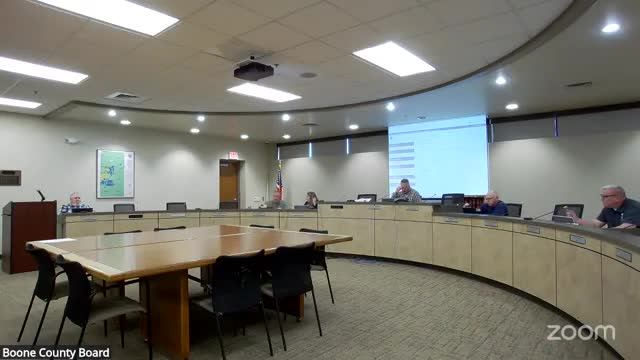
Boone County board approves claims payment, updates coroner mutual-aid agreement and allows two members to attend electronically
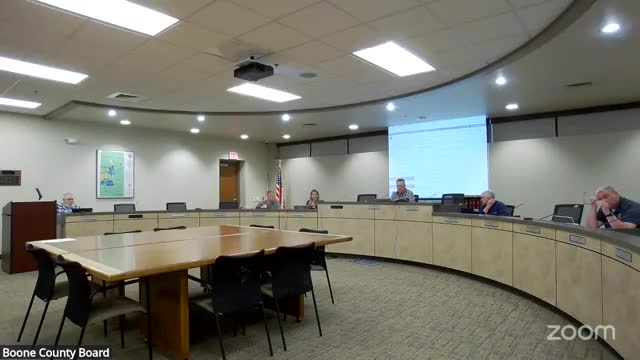
Boone County eyes adding HSA and high-deductible PPO to blunt nearly $500,000 insurance bump
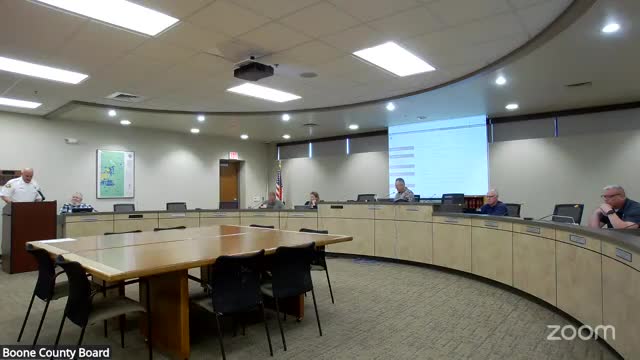
Boone County sheriff reports $35,000 in overtime for hospital guard shift, steady staffing and two major arrests
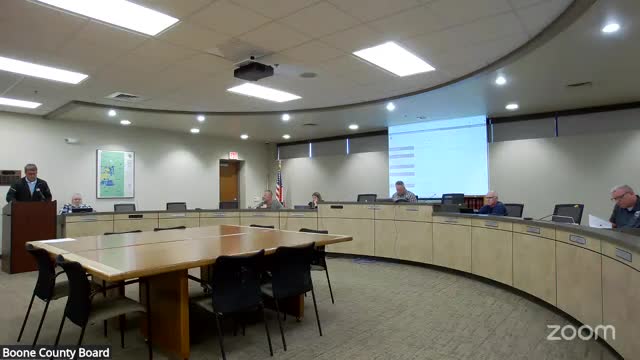
County backs less-invasive Woodstock Road realignment; IDOT weighing single roundabout option
